On 1 January 2021, Portugal has officially taken over the rotating Presidency of the Council of the European Union from Germany, 35 years after its accession to the European Union. This is the fourth time that Portugal chairs the Council of the European Union. Portugal is part of the Trio Presidency during the period from 1 July 2020 to 31 December 2021, with Germany and Slovenia.
Given the current global pandemic situation, Portugal is committed to promoting a resilient, social, green, digital and global Europe. ‘Time to deliver: a fair, green and digital recovery’ is Portugal’s motto for its 6-month Presidency, which is in line with its three major work priorities:
- To promote Europe’s recovery, leveraged by the climate and digital transitions.
- To implement the Social Pillar of the European Union as a key element for ensuring a fair and inclusive climate and digital transition.
- To strengthen Europe’s strategic autonomy keeping it open to the world.
Research and Innovation is at the forefront of the Portuguese Presidency’s programme and emphasis will be given to encouraging the coordination of efforts and synergies between European scientific communities. To this end, the Portuguese Presidency re-expressed its target to reach 3% GDP investment by 2030 (2/3 private sector, 1/3 public sector). Furthermore, they will work on the professionalisation of research careers and include them in the European Quality Assurance Reference Framework, in order to improve working conditions and salaries and reduce precarious employment.
In accordance with the Trio Presidency, Portugal will support the renewing of the European Research Area (ERA): the Portuguese Presidency will host a debate on the 20th anniversary of the ERA.
Scheduled for 2 February 2021, the official launch event of the Horizon Europe programme will take place in Lisbon, Portugal. The Portuguese Presidency announced that visibility will be given to this event as well as on the finalisation of the regulations necessary for the creation of the European partnerships and the launch of the of the missions.
‘We aim to contribute to wider and more diverse access to science and research, enabling citizens to acquire skills. We will encourage citizens’ involvement in setting scientific agendas and support European initiatives in the field of ‘citizen science’.’
– Programme for Portugal’s Presidency of the Council of the European Union,
Competitiveness, Research and Innovation, p.20.
You can read the programme for the Portuguese Presidency of the Council of the European Union here. The Programme was adopted by the Council of Ministers on 17 December 2020.
Portugal’s Presidency will last until 30 June 2021.
For more information, you can visit the German Presidency of the Council of the European Union website.


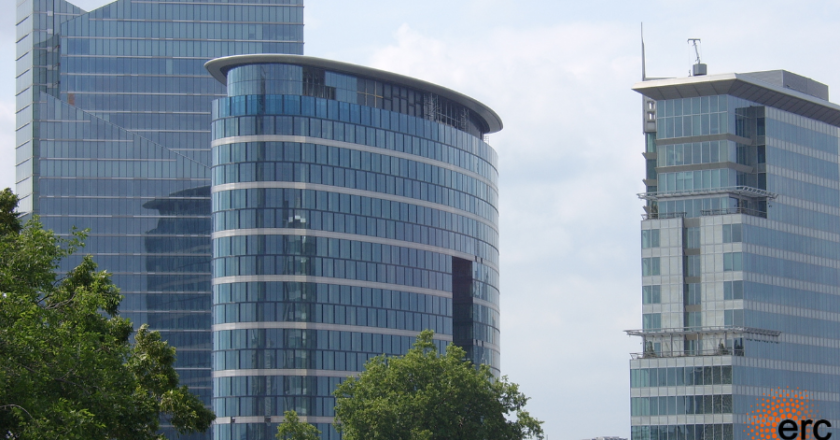

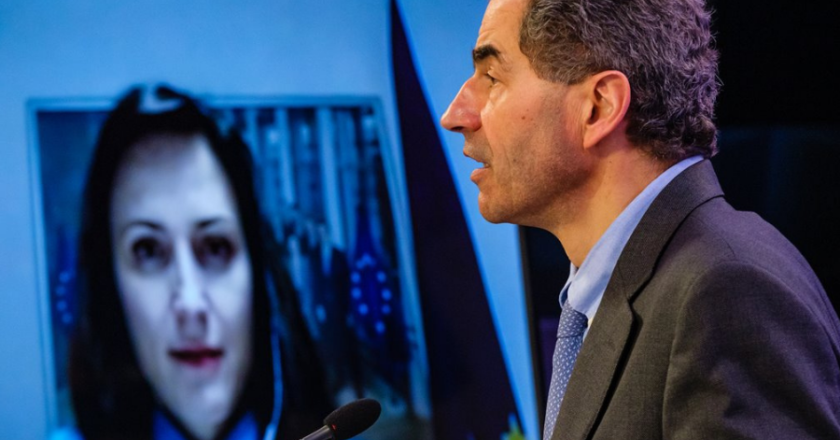
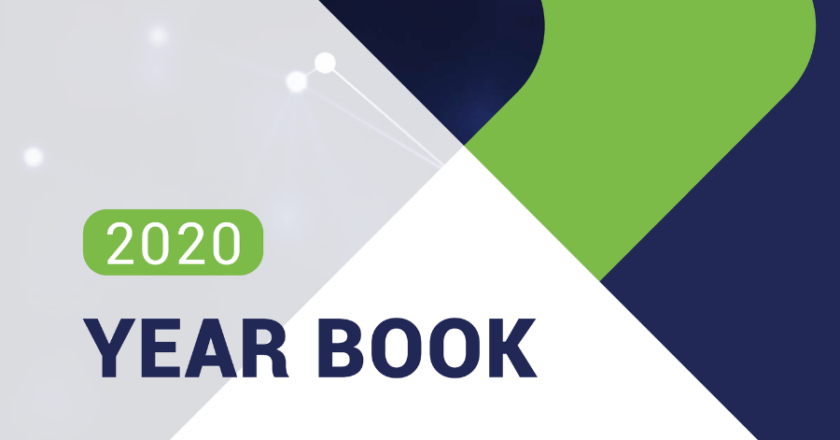

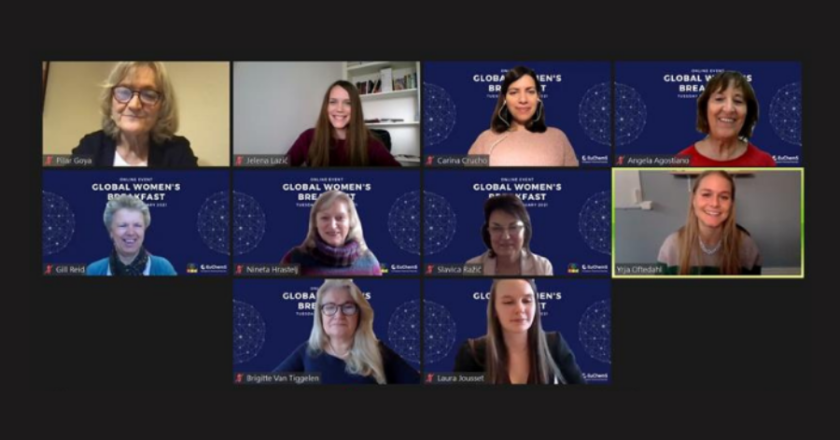
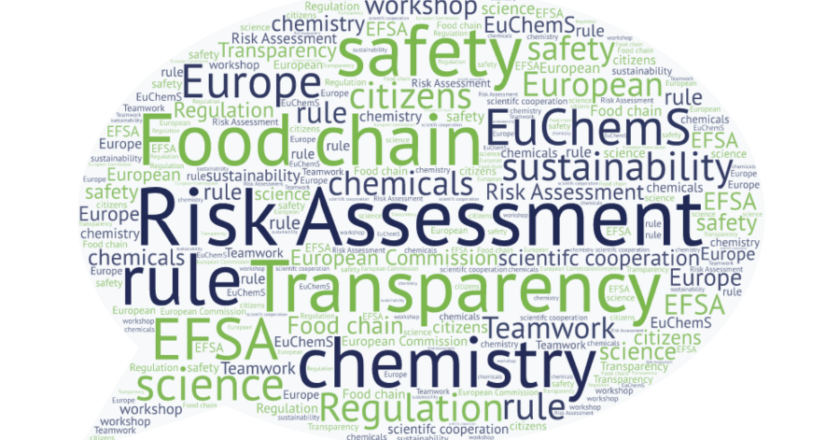
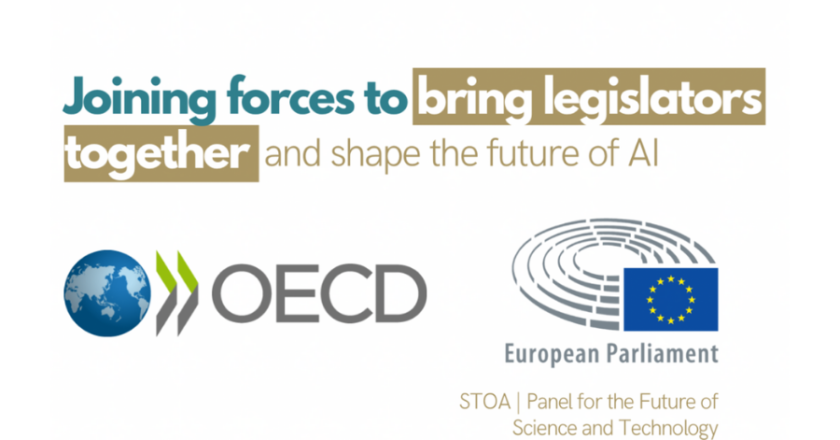
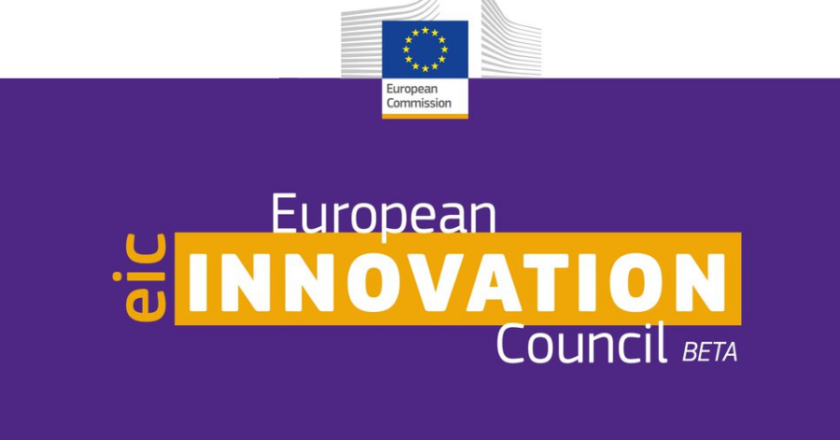
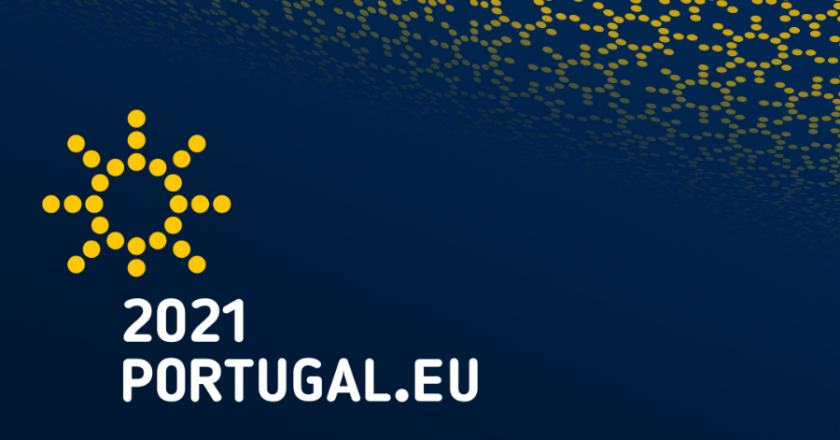
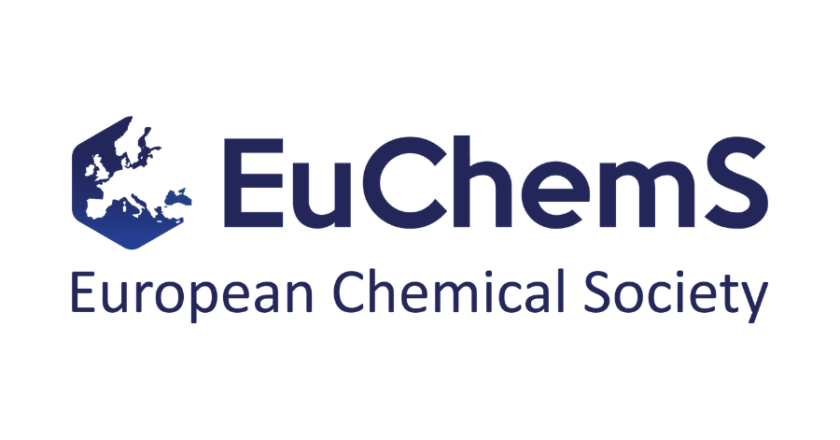

You must be logged in to post a comment.